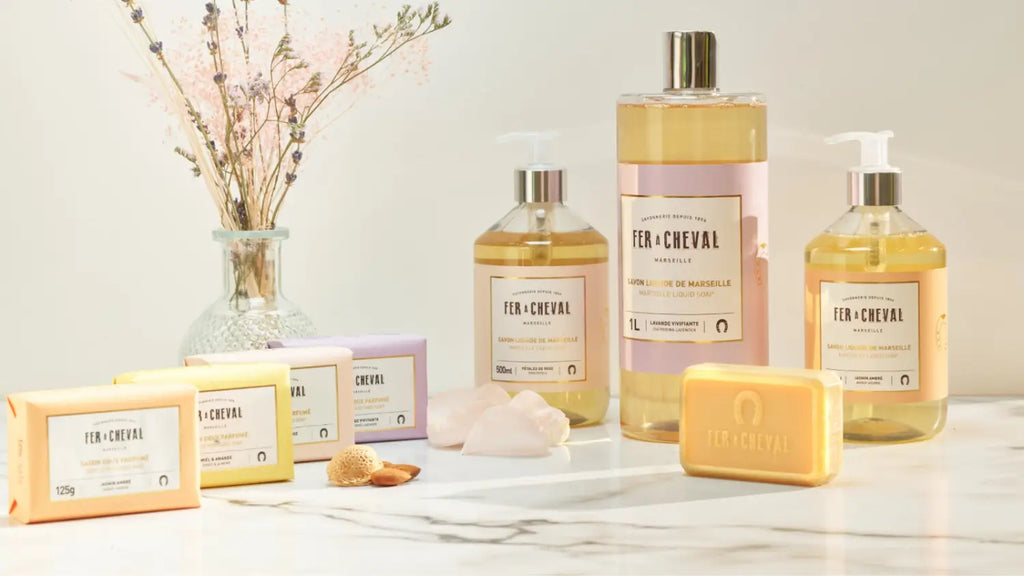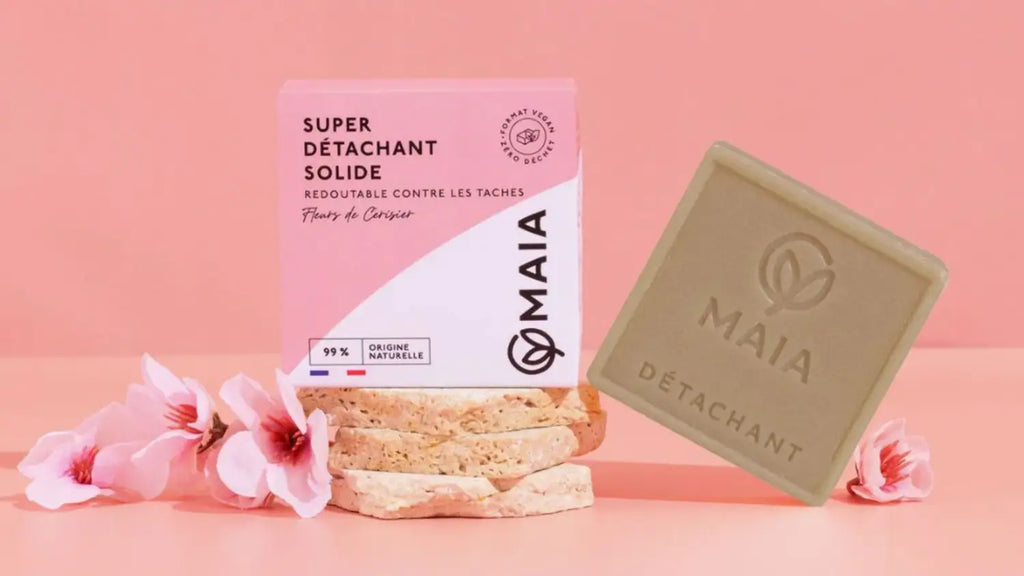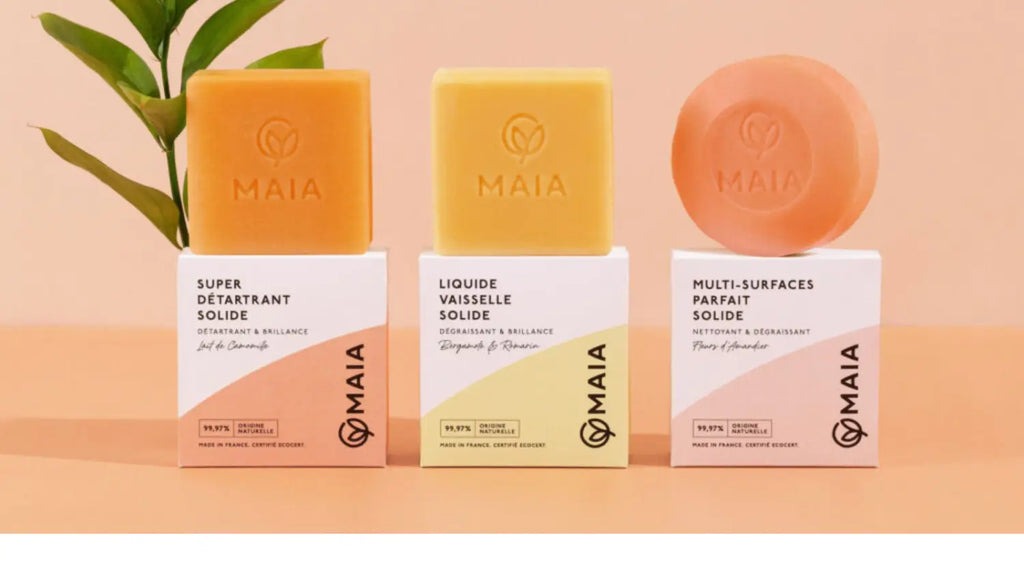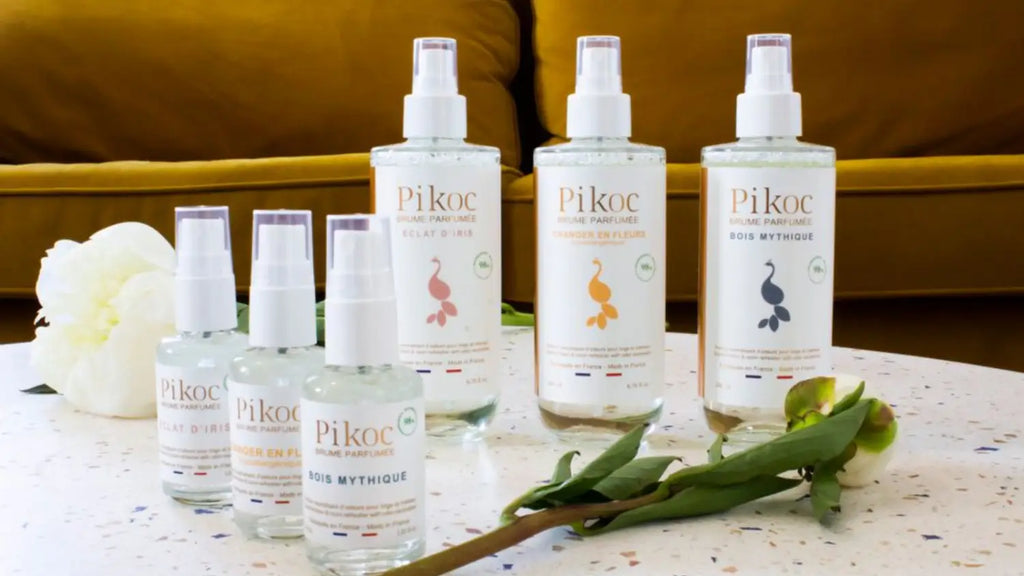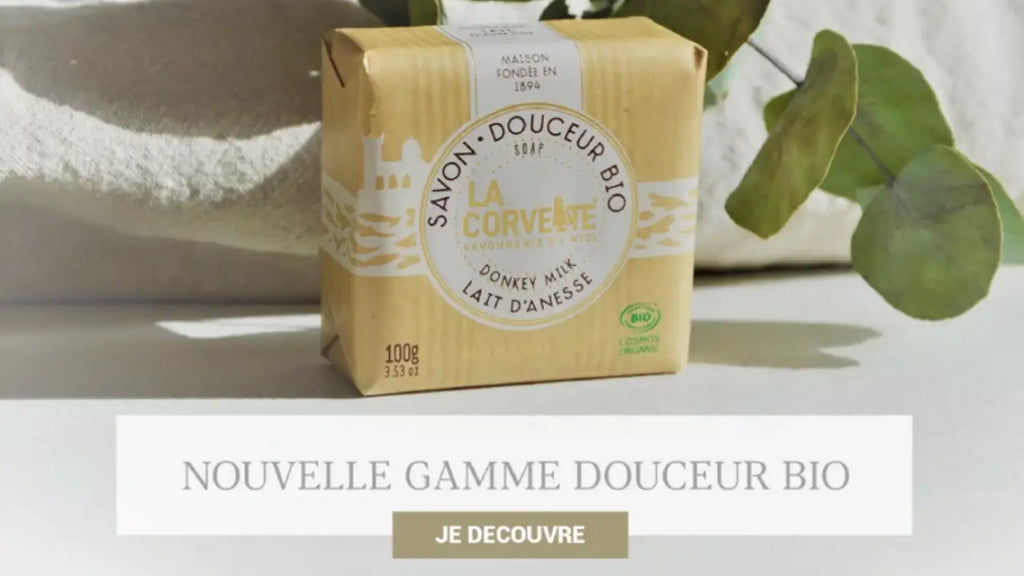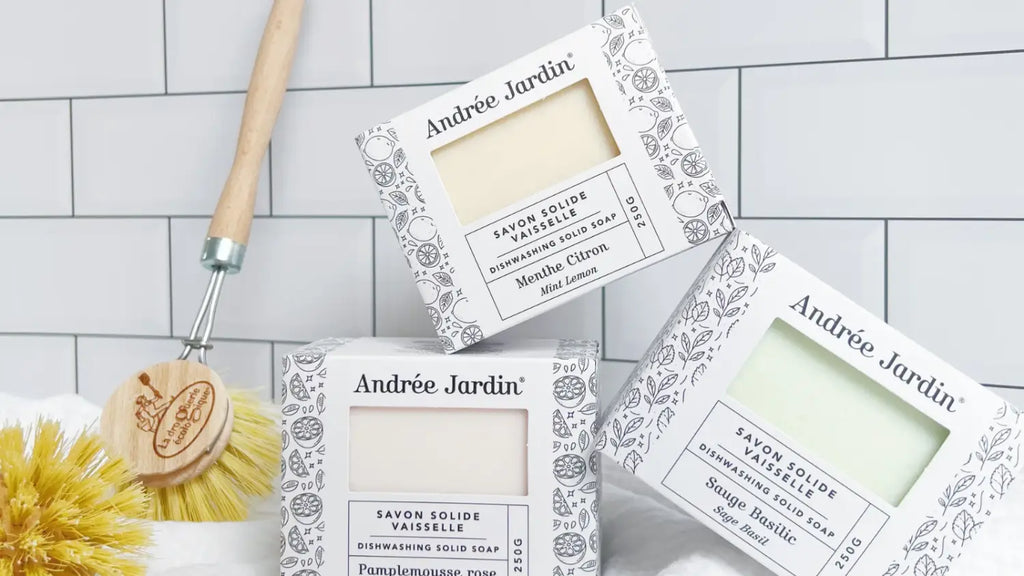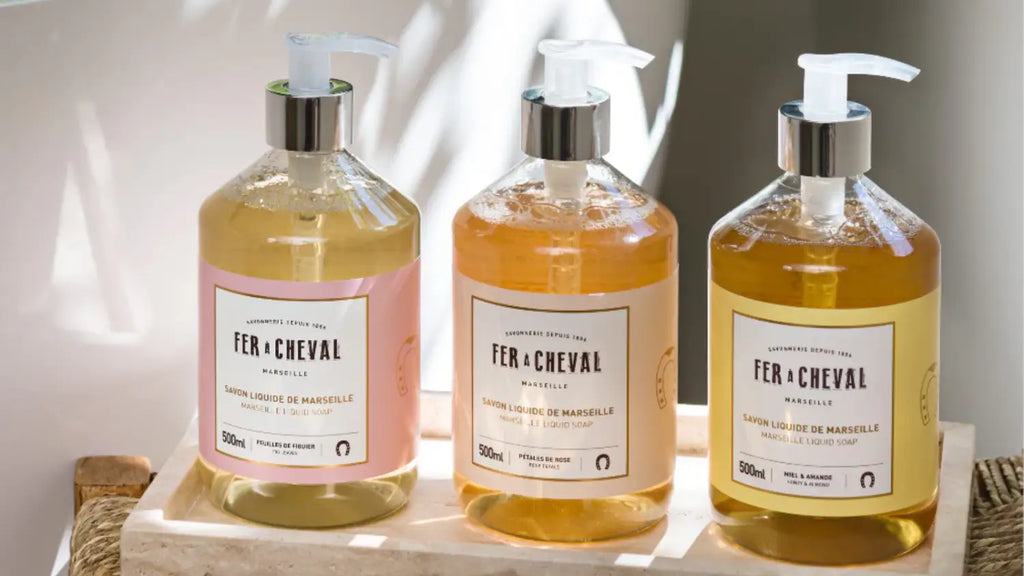Understanding Soap: Definition and Origins
What is soap?
Soap is a product, whether organic or not, obtained by saponification reaction between a fatty substance and an alkaline agent such as sodium hydroxide or potassium hydroxide. This saponification reaction transforms fatty acids into sodium or potassium salts, resulting in a substance that effectively cleans skin, hair, and laundry.
Present in all cultures, soap comes in the form of toilet soap, dermatological bar, or classic soap. Designed for cleansing the face, body, or fabric, it remains an ideal product, rich in properties and easy to use on a daily basis.
A thousand-year-old history
Soap has been mentioned since ancient times. The Latin word sapo refers to a preparation made from human fat and ashes. Over time, its artisanal production spread, particularly in Mediterranean civilizations. In the 19th century, industrialization made it possible to mass-produce soft soap, authentic soap , and Provençal soap cubes.
During World War II, some soap makers even experimented with humane soap made from fat, before traditional production resumed. This complex history explains why soap is today a cultural, scientific, and artisanal object.
French and Mediterranean heritage
Marseille soap has been made for centuries in cauldrons by master soap makers like Fer à Cheval and Marius Fabre. Traditional manufacturing relies on olive oil, sometimes supplemented with palm oil, copra (coconut) oil, or sunflower oil. These artisanal soaps are made using expertise passed down from generation to generation.
French brands still champion artisanal manufacturing with handcrafted products made with naturally sourced ingredients. Today, soap made in France remains a symbol of quality, ideal for hygiene or bathing, and is sold in pharmacies and online stores.
The composition of soap: ingredients and processes
The basics of soap
Soap always contains a fatty substance, a strong base, and water. Fatty substances can be olive oil, palm oil, coconut oil, or linseed oil. These ingredients provide the fatty acids necessary for the saponification reaction with sodium carbonate or sodium hydroxide.
Some soaps also contain goat's milk or milk soap, which enrich the formula with nutrients. The composition of a soap can be modified to suit specific needs: a moisturizing soap for the face, a gentle soap for sensitive skin , or a soap rich in natural exfoliants for the body.
Manufacturing methods
Soapmaking relies on several processes. Artisanal soapmaking uses cold saponification (CFS), where oils are simply mixed with an alkaline base. Traditional soapmaking, known as cauldron soapmaking, is typical of Marseille soap makers.
It involves several successive cooking and washing processes to obtain a pure soap, ideal for hygiene. There are also modern manufacturing methods that are faster , but which sometimes remove the glycerin. Today, a handmade soap can be certified organic, made from organic ingredients and sold as natural soap, homemade soap or handmade soap.
Additives and enrichments
To enhance the properties, clay, honey, flower petals, or essential oils can be added to the ingredient list . Some handmade soaps include flax, walnut, or coconut flakes, making each soap unique.
Enriched soap is often listed on product pages in online stores as "new" or "limited edition." These additions transform the soap into a specialized treatment: a moisturizing soap, a gentle organic soap, or a dermatological bar tailored to the needs of the entire family.
The benefits and uses of soap
For personal hygiene
Soap deeply cleanses the skin while respecting its natural balance. A gentle, glycerin-rich, handcrafted soap is ideal for the face, hair, or body. Some organic soaps are specially designed for sensitive or dry skin, such as moisturizing goat's milk soap .
Small formats like soap bars or toilet soap are practical for bathing. Homemade soap also allows you to customize formulas for everyday use, whether purchased at a pharmacy or online.
For domestic maintenance
Soap is also a powerful cleaning agent for the home. Marseille soap cubes and shavings have been used for centuries to wash linens and fabrics like wool. Soapy water made with soft soap is ideal for deep cleaning while respecting textile fibers.
Black soap or linen soap are eco-friendly ways to remove stains and maintain surfaces. Artisanal manufacturing thus offers versatile products that can replace many chemical household products.
For unusual uses
Soap can also be used in unusual ways. Some people use it as a moth repellent in linen closets, while others use it to change the scent of fabrics. Scented soap is often chosen for its evocative power and olfactory memory.
Handcrafted soaps with elaborate designs are now featured in gift boxes designed by French brands. These creations demonstrate that soap, whether traditional or modern, is both a practical and aesthetically pleasing object.
Choosing the right soap: essential criteria
Differentiate between artisanal and industrial soap
Industrial soap is often mass-produced, modified to contain texturizing agents, and artificially scented. Artisanal soap, made in France, is handcrafted by a soap maker, rich in natural glycerin , and suitable for sensitive skin.
Authentic soap, made using traditional cauldron technology, offers better tolerance and a lower environmental impact. The difference between authentic and industrial soap is therefore clearly evident in its composition and durability.
Solid or liquid soap?
Solid soap, such as the Marseille soap cube, is ideal for laundry and daily hygiene. Liquid soap, made with palm oil or coconut oil, is often preferred for bathrooms or pharmacies.
The modern production line also offers enriched versions, with goat's milk or sunflower oil. Both formats are effective, but each must be chosen according to its intended use: bath, face, hair, or fabric care.
Labels and certifications
Organic soaps carry organic labels guaranteeing artisanal production, natural origin, and compliance with environmental standards. Some even include a code or ISBN 978 in catalogs to distinguish them. Others are labeled "made in France" or "add to wishlist" in an online store.
The labels reassure customers about the composition, the absence of palm oil from deforestation, and the respect of traditional manufacturing practices. Buying a certified soap is a responsible choice, ideal for everyday use.
A sensory and emotional dimension
Soap as a sensory experience
Moisturizing soap transforms your shower or bath into a relaxing experience. The rich lather, subtle fragrance, and soft texture make it ideal for pampering. Some soaps are made with relaxing essential oils, while others are made with organic ingredients like goat's milk .
Each bar of soap or handmade soap is chosen not only for its effectiveness, but also for the sensory experience it provides. This daily ritual combines cleanliness, pleasure, and care.
Soap and olfactory memory
Soap scents often bring back memories. A linen or coconut soap can evoke childhood memories, while a Marseille soap recalls laundry detergent from days gone by. This olfactory memory is present in most homes and is passed down from generation to generation.
Today, brands are offering new soaps designed to revive these memories. Buying soap online even allows you to rediscover forgotten scents, chosen for their authenticity.
The art of contemporary soap
Contemporary soap is crafted as a work of art. Soap makers design lines of handcrafted products, ideal as gifts or decorative objects. Some brands create cube soaps, scented soap flakes, or hand-shaped soaps.
Aesthetics combine with artisanal manufacturing to create unique products made with organic or biological ingredients. This soapmaking art reflects the product's evolution from a traditional cleaning agent to a lifestyle symbol.
Make your own soap
Essential precautions
Making soap at home requires a thorough understanding of the chemical reaction between fatty acids and sodium hydroxide. This saponification reaction must be carried out with caution, as both carboxylic acid and sodium hydroxide are corrosive.
Wearing gloves and goggles is essential for safety. Homemade soap , made from naturally sourced ingredients, can be part of a family routine, but it must always be handled with care.
Simple Cold Process Soap Recipe
Cold process soap making (CFS) is the simplest method for making homemade soap. It involves mixing an oil (olive, palm, coconut, linseed, sunflower) with a base such as sodium hydroxide.
After letting it rest, you get a mild soap, rich in glycerin , ideal as an organic soap or natural soap. Recipes shared online allow you to modify the ingredients to create a toilet soap, a moisturizing soap or an authentic soap.
Custom Variants
Making your own soap allows you to add creative elements: coconut shavings, flower petals, essential oil, or even goat's milk. These variations allow you to create a custom-made soap, chosen for its moisturizing or exfoliating properties.
Some people make small soaps as gifts, while others create handmade soaps online under their own brand. Each recipe becomes a new product line, added to the list of personal creations.
why soap remains essential
Soap, whether made in France, artisanally or industrially, remains present in all cultures. Soap making is based on ancient know-how, passed down by traditional soap makers, and enriched by modern artisanal manufacturing .
Whether it's organic soap, handmade soap, Provençal soap, or dermatological soap bars, it remains an ideal, authentic product with a wealth of uses. Buying soap from a pharmacy, online store, or directly from a soap maker is a responsible gesture that combines hygiene, pleasure, and respect for the environment.
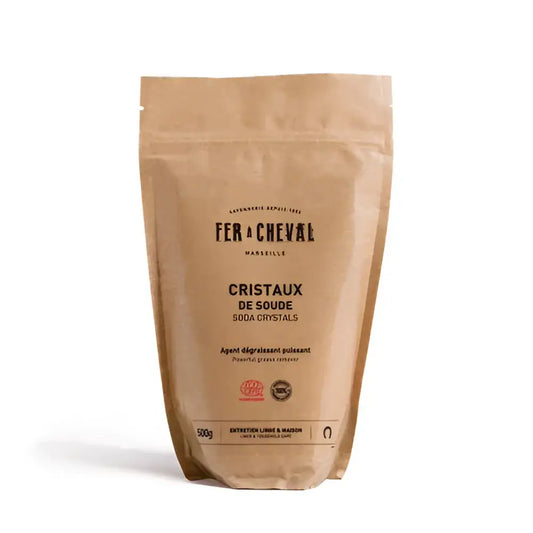 -8%Sale
-8%Sale
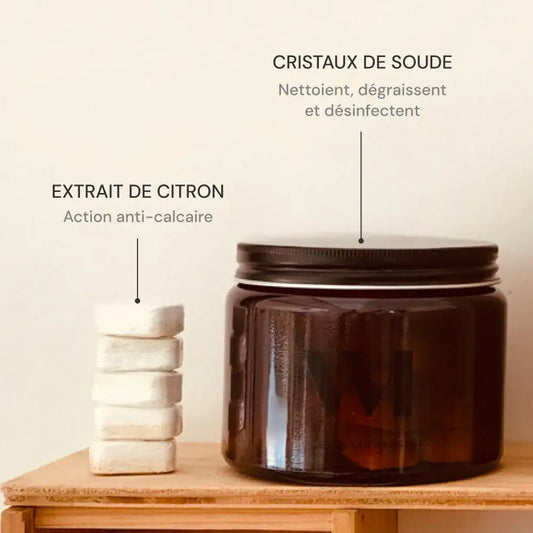 -4%Sale
-4%Sale -4%Sale
-4%Sale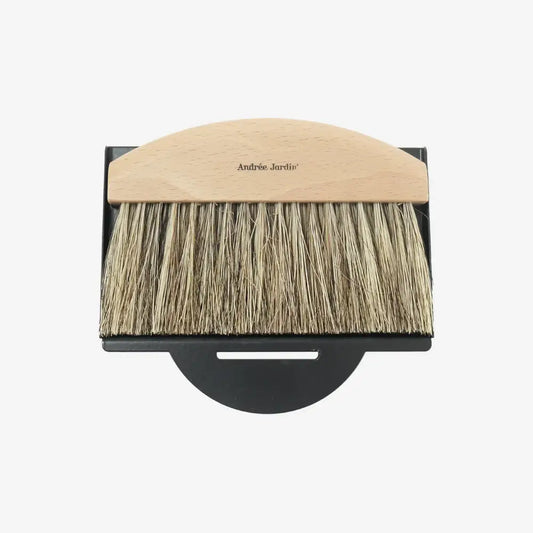
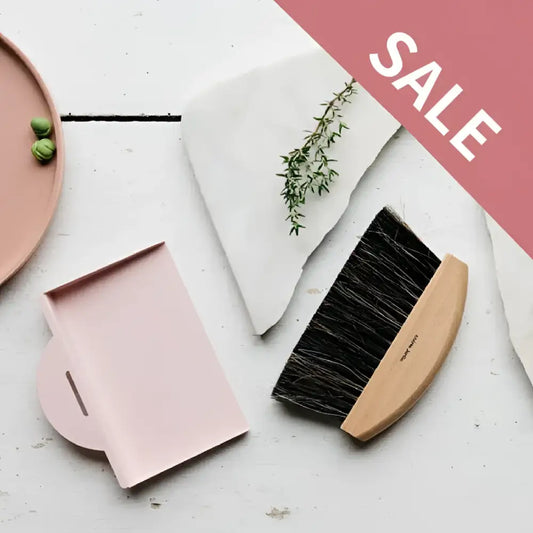 -14%Sale
-14%Sale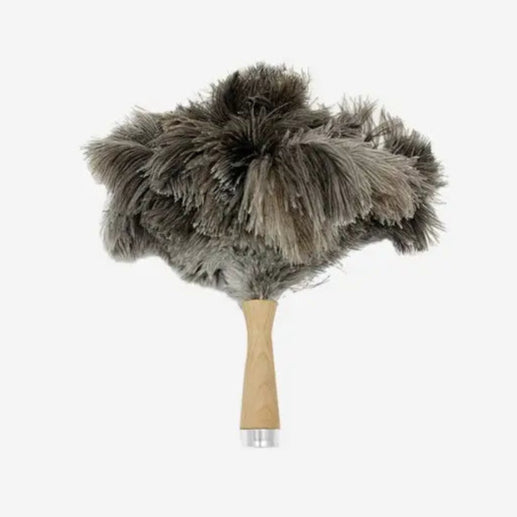
 -15%Sale
-15%Sale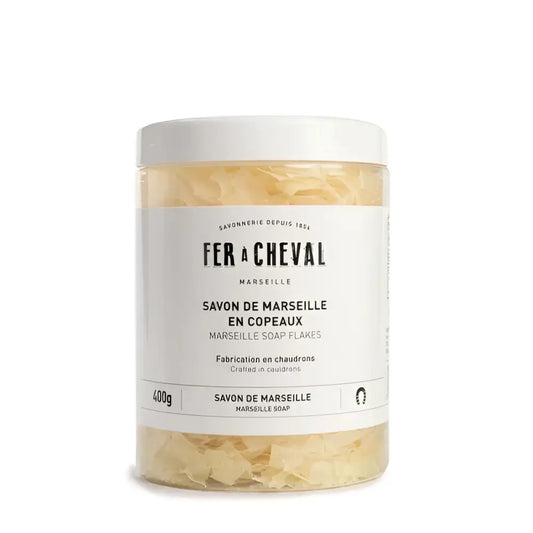
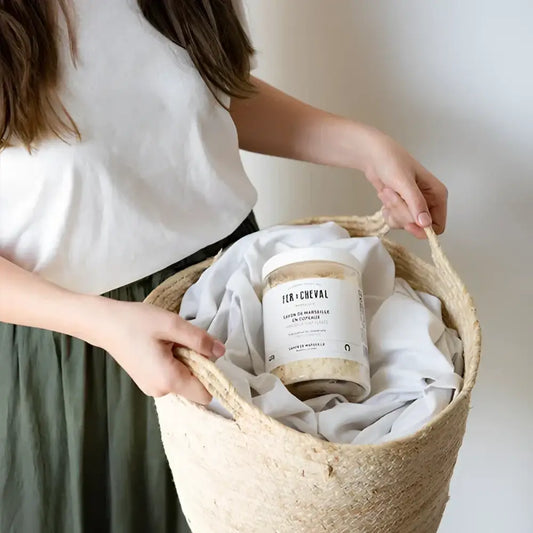 -8%Sale
-8%Sale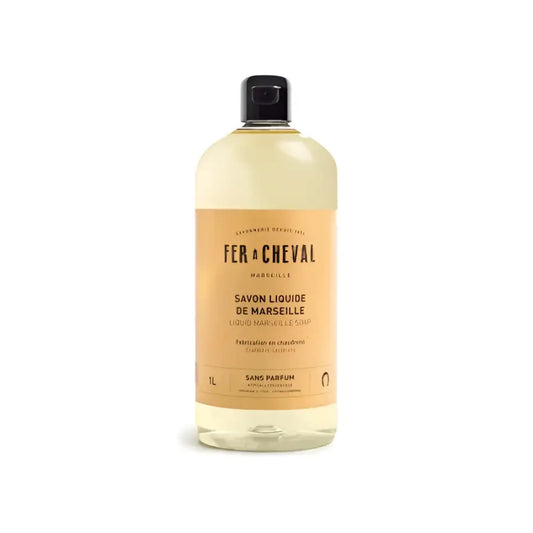
 -11%Sale
-11%Sale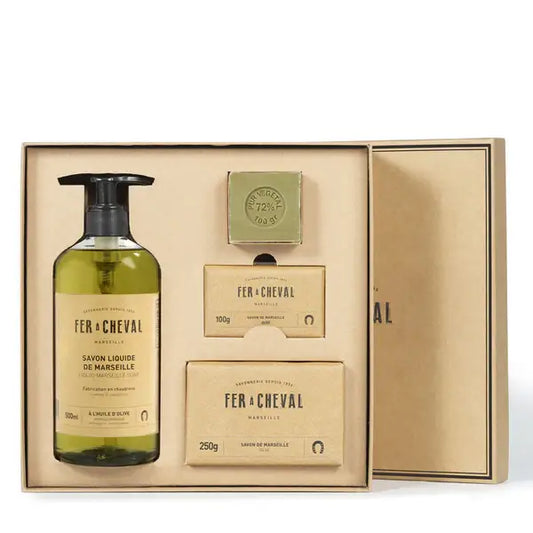
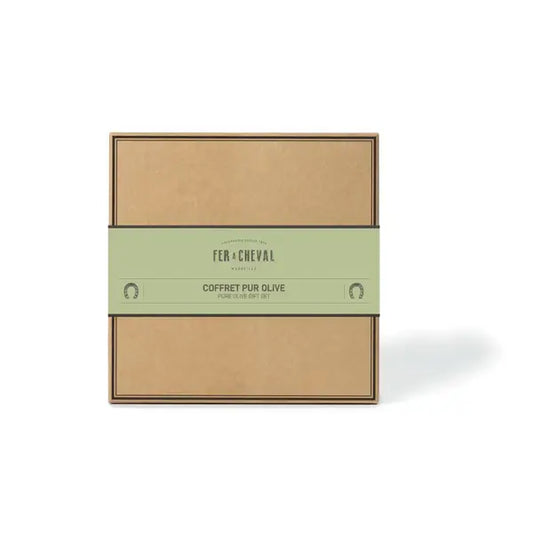 -14%Sale
-14%Sale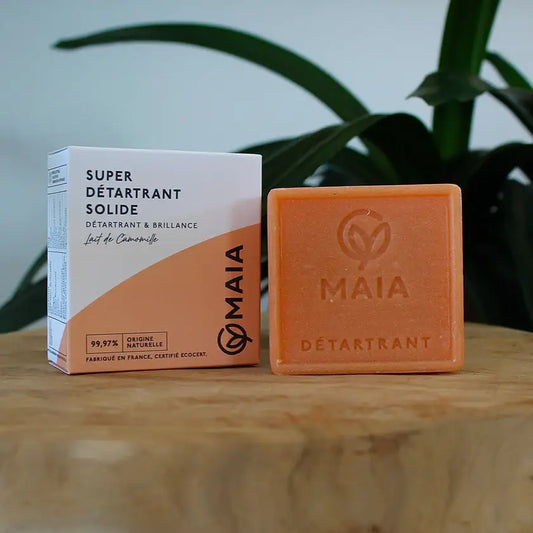
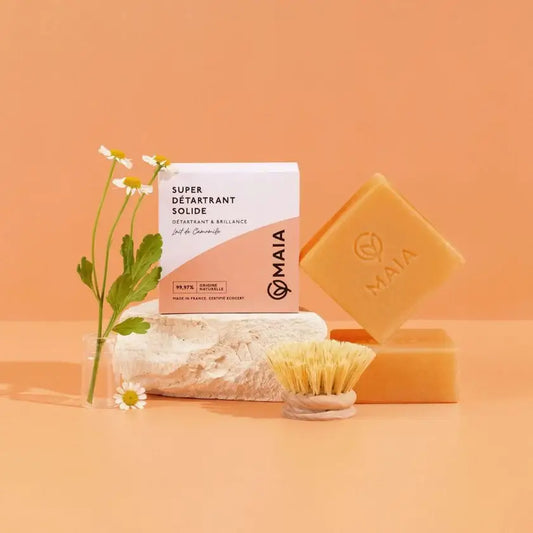







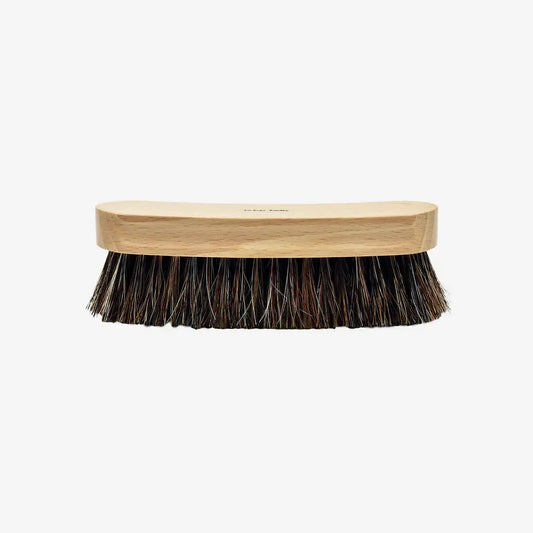 -21%Sale
-21%Sale
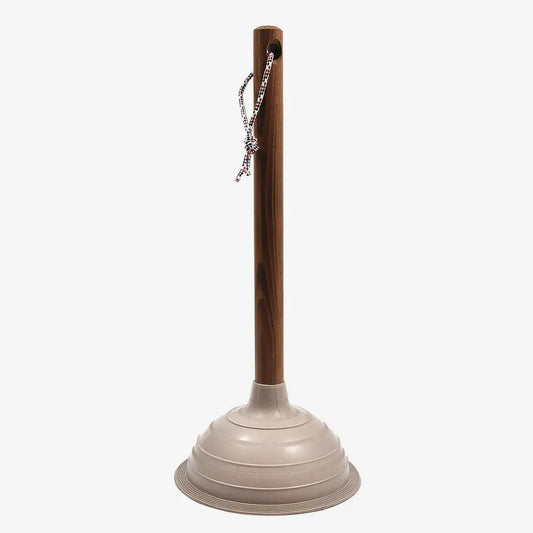 -17%Sale
-17%Sale
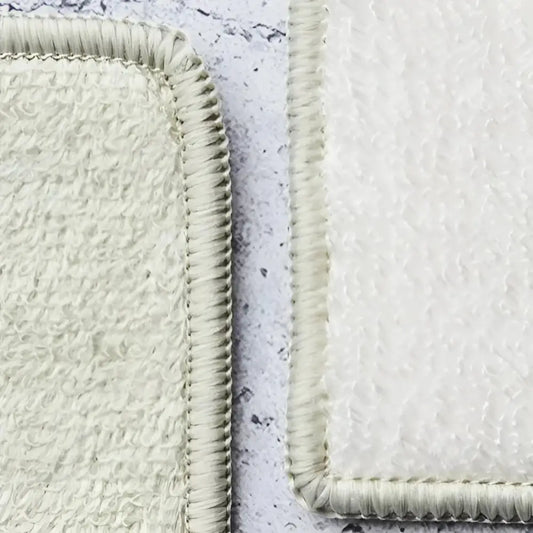

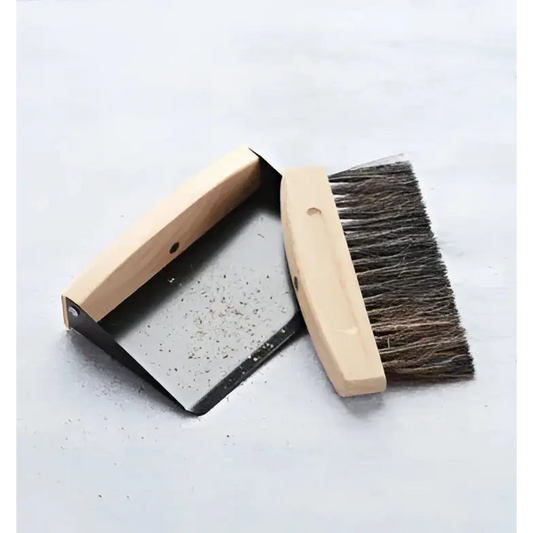
 -16%Sale
-16%Sale
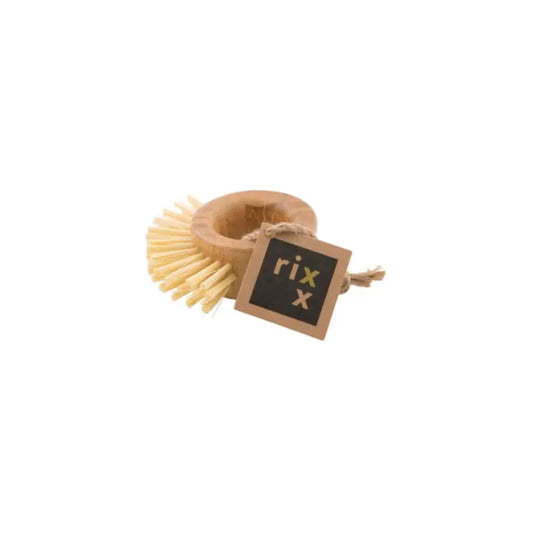

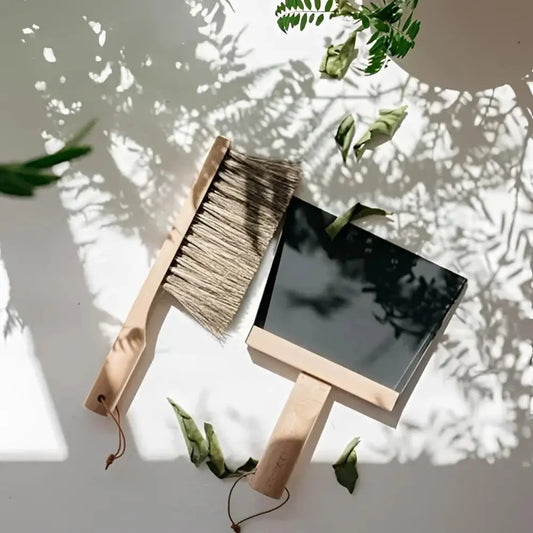

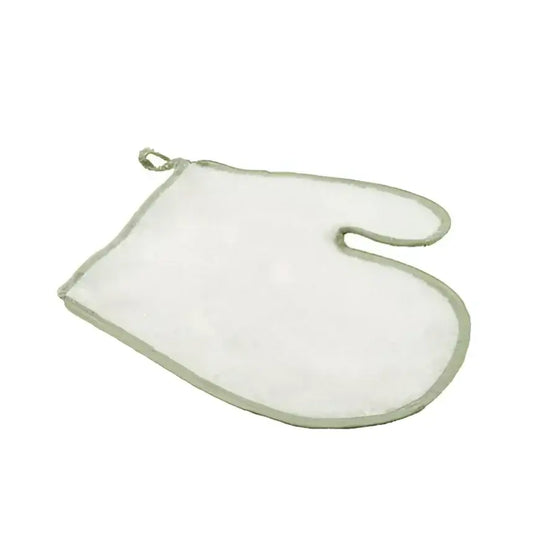

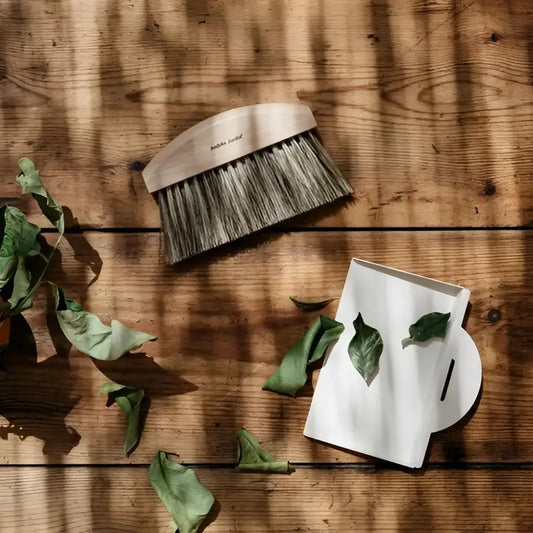






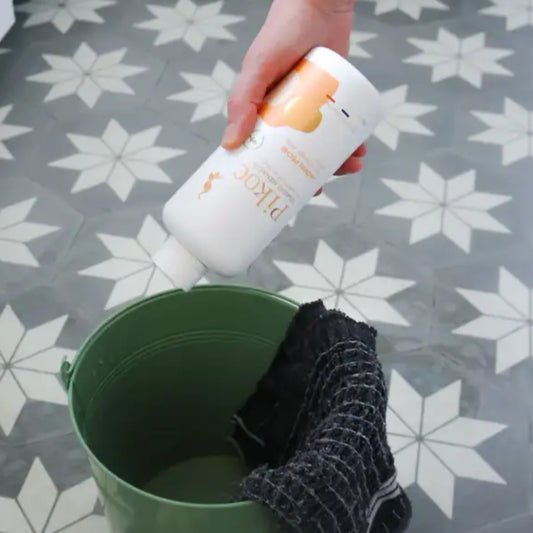

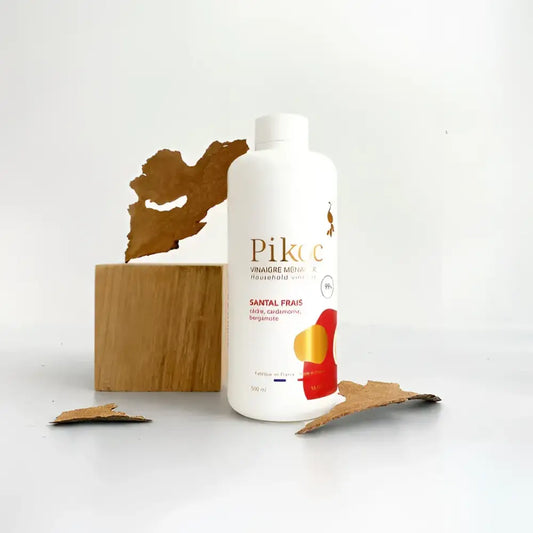





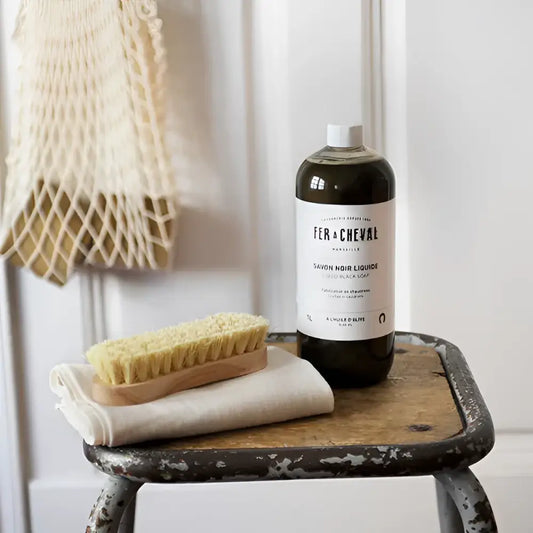 -19%Sale
-19%Sale -15%Sale
-15%Sale



 -10%Sale
-10%Sale
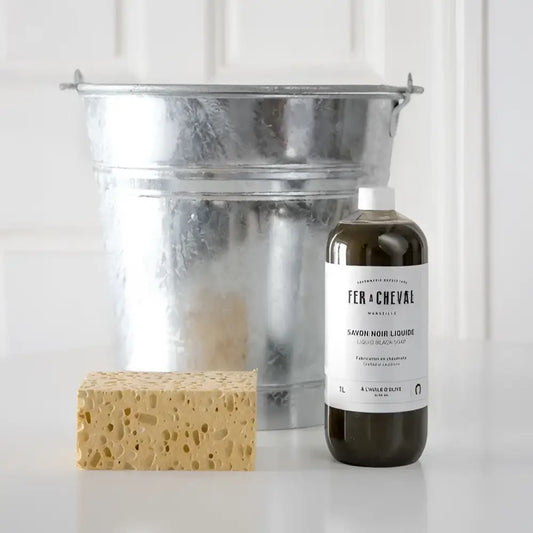 -18%Sale
-18%Sale

































































